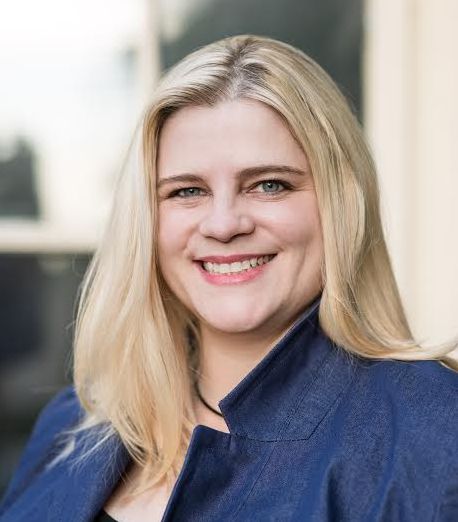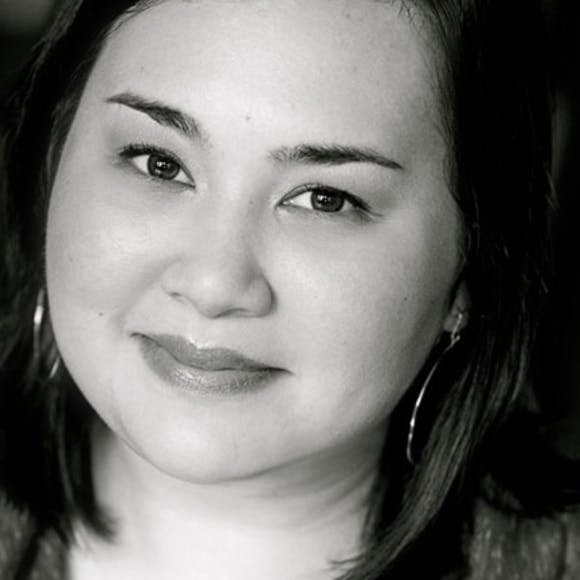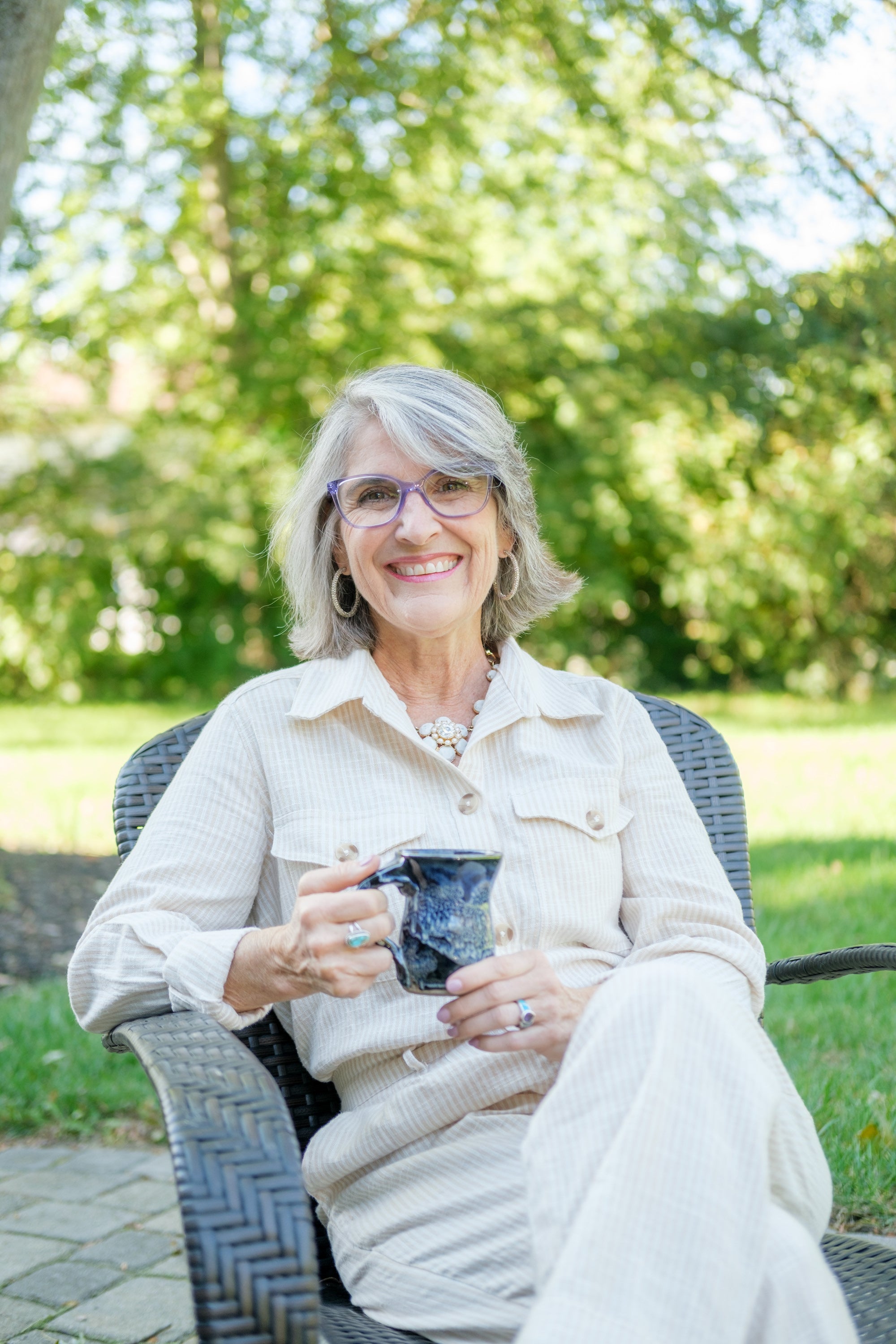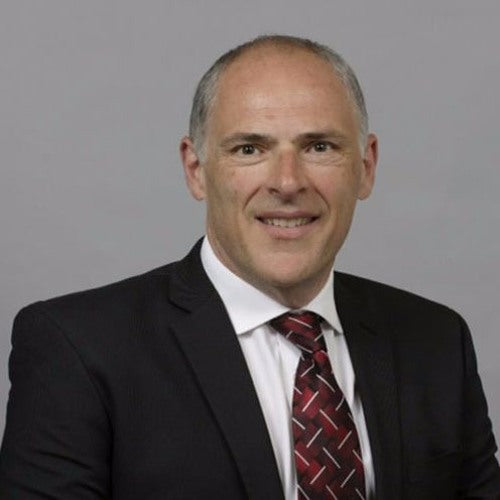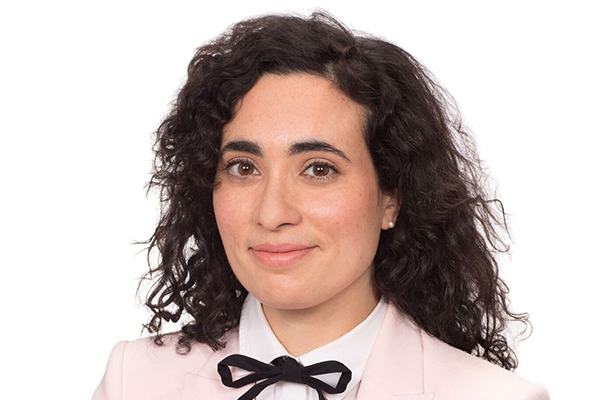Book: The Chef's Secret

Photos by Wayne E. Chinnock
Author: Crystal King
Author Bio:
1. What makes this period of time such a wonderful canvas in which to tell this story?
Well, it’s not called the Renaissance because it was boring! Instead, it was a rich time of growth for Italy, in art, culture, architecture, and food. The politics of the various cities and regions in Italy at the time were complex and dramatic, and it was all against the backdrop of a mostly corrupt Catholic Church, in which cardinals were the richest people in the land.
The man I wrote about, Bartolomeo Scappi, was a celebrity chef in his time and he likely would have fed some of the most important people that lived then and I loved being able to play with that.
2. How much research did you conduct prior to writing “The Chef’s Secret”?
A lot. I was researching this novel when I was still writing my first book, FEAST OF SORROW. I do research all the way through the writing, but I learned early on not to get bogged down by research which is super easy to do when writing historical fiction.
I can’t stop every time I want to describe a certain bird but am not sure if the species was in Italy at that time, or when I want to use a monument in a scene but am not sure if it had been built by the time of my story.
So I put big "XX FILL THIS IN LATER" types of marks in my manuscript and just push forward, going back later to add in the details. That helps me to keep writing rather than having my time broken up by a rat hole of research.
But research now is SO much easier now than it was when I first started working on Feast of Sorrow, back in 2006. Now I can parse through books online, I can access databases of information, explore museums and cities in Google Earth.
I can write most of my books with just the information I can find online or in libraries near me. But for me, I want to make sure that I really embody the places and can bring to life the characters most accurately, which means a trip to Italy is crucial.
For both Feast of Sorrow and for The Chef’s Secret I went to Italy after I had written a lot of the book and then I cleaned it up based on my new knowledge.
For the third book I’m working on, I was able to go to certain places before I began writing on the book. I think that makes a huge difference, especially since some of the locations are small towns and information is a little harder to come by.
Also, it’s hard to capture the grandeur of a place like Bormarzo’s Monster Park or the beauty of the Farnesina in Rome without having seen them firsthand.
I want to be able to accurately describe how long it took someone to walk from place to place, and the proximity of certain buildings to where events took place. That’s much easier to do when you have been in those places yourself.
3. How has learning Italian history shaped your own perspective of the world?
All roads lead to Rome, right? Well, that’s not an entirely inaccurate statement. The Roman Empire shaped so many cultures as did the Catholic Church. When you start to understand the history of those two things, suddenly so much else comes into focus.
Why certain cultures believe some things but not others, how a number of traditions began (I wrote an article about how Christmas is very ancient Roman, for example), how countries rose and fell, and the history of foods that are now beloved around the world. It has given me the chance to understand so many underlying things about the rest of the world and to me, that’s been an amazing revelation and happy side-effect of writing these novels.
4. What were some of Bartolomeo’s character traits that you think made him successful?
We know so little about the real Bartolomeo Scappi other than the cookbook he left behind, the employers he worked for and the people he mentioned in his will. We know that he was well-traveled and lived in several places like Milan, Venice, and Bologna before he came to Rome.
He worked for important men connected to the Church and he did not, as far as we know, marry. He was extremely intelligent and his cookbook demonstrates that, as well as the skill he had in devising so many dishes, in managing a massive kitchen, and delighting his employers and their guests with his feasts.
He must have been quite driven, likely charming in some way to rise up as he did, and he was certainly a showman, knowing how to make people gape in awe. And, of course, he was a supremely talented cook as well.
5. What was one fascination about Bartolomeo that made you want to tell his story?
It was the cookbook that really drew me in. I was fascinated with the idea that such a large tome of recipes (over 1,000) existed, and yet we knew barely anything about the man who brought it into the world. I had a million questions.
Who was he? Why did he write the cookbook? How did he get to be a famous chef? And when I found that he hadn’t married, I wondered why. Was he a workaholic? Maybe he loved someone he shouldn’t have...and well, that’s where it began.
6. What insight, do you think, was learned with his many years serving the Popes of his time?
I’m sure he understood a lot about the intricacies of the Church and the men that ran it. No two popes were alike. Some like Julius III were all about luxury. His parties and banquets would have been spectacles barely matched even in today’s time.
But Pius IV and V lived up to their names and eschewed such extravagant living. I think that’s why Bartolomeo ultimately wrote his cookbook--because his talent was going to waste because he no longer cooked the big banquets of his past and he wanted to make sure he really left a legacy behind.
7. What were some character flaws that may have stained his legacy? Or at least endangered his nephew’s life?
His legacy is primarily the cookbook, which was a bestselling one for nearly 200 years after it was first published.
But in my novel, well that’s another story. He had blinding loyalty to the woman he loved, which meant that he made a number of extremely questionable decisions to maintain that clandestine relationship. That was his driving force, his love for Stella.
This turned out to be a serious danger to Giovanni because the idea of vendetta was strong in the Renaissance (and even up until modern times!) and the sins of the father or the family would be passed down to the children. In that timeframe, families feuded violently over past wrongs. That was the danger that Giovanni faced--if his uncle’s sins came to light, how would he be judged? I loved toying with that conundrum.
8. Bartolomeo Scappi is often lauded as the “first celebrity chef”. Would you agree?
Most definitely. He was well known in his own time-frame and it was likely an honor to be at a banquet in which he cooked. The cookbook he left behind is a masterpiece in the world of food, and it was remarkable for something that other cookbooks in that time frame were not--they were original recipes, never seen in print.
Until that time, most cookbooks traded around recipes, giving some credit where it was due, but often just copying recipes that appeared elsewhere. Scappi instead gave us 1,000 original recipes, many of which set the foundation for Italian cooking today.
Fun fact: it also includes the first turkey recipes in print anywhere in the world!
9. Seeing as your story revolves around a chef, can you cook? And if so, what are some of your favorite dishes to cook?
I can cook, but I prefer to bake. My husband is the big chef in our house so that works out well for us. One of the best things about writing these books based on historical chefs has been testing out many of the recipes together with him.
We have a number of recipes that we love, but some of them include this 2,000-year-old Parthian chicken recipe from Apicius and this delicious pumpkin cheesecake Tourte from Scappi.
10. What do you hope readers take away from “The Chef’s Secret”?
I hope that it’s as fun to read as it was to write. I learned so much about the Italian Renaissance when working on it and I loved sharing some of that—the secret codes, sugar sculptures, vendetta and more. And, I hope it makes my readers hungry!
11. As an author, what do you love most about the genre of fiction?
I have always loved being transported into other worlds. I love imagining what life was like in the past, or in the future, or in totally different ways of living. At the heart of it is always the human heart and emotions and the way a great story can wrap you up in them is the best of all.
12. What sparks your creativity?
Interesting stories. I always want to know more, peel back the layers. I am a big “what if” person. What if that happened? What if it didn’t work that way? What if the person had done this instead of that? And then my own stories run from there.
13. What’s your best advice for getting over writer’s block?
Funny enough, I’m working on a book proposal about that…creative writing exercises for writers in medias res, or stuck in the middle of their stories. For now, I’ll point you in the direction of this exercise that I shared with GrubStreet, the writing center I often teach at.
14. What’s the best advice you have ever received on happiness?
I don’t know if I recall some specific advice given to me, but there are a few quotes that I think about a lot, one that I have framed on my wall that Audrey Hepburn said…that “the happiest girls are the prettiest girls (which Drew Barrymore echoed when she said that happiness is the best makeup).”
I take that to mean that when you are happy it shows in everything you do, and in how you are perceived. And that pairs with something Tolstoy once said, “If you want to be happy, be.” It may be a strange thought that happiness is a choice, but I know for me it is.
When I’m feeling at my lowest it’s always when I pull myself up when I catalog the good things in my life and I make a plan to dig out of whatever it is that I’m wallowing in and take small steps toward what I want instead—that’s when I find happiness again.
At the time of writing this, the majority of the world is holed up in their house worried about a virus, facing extreme uncertainty. I am finding that taking pleasure in small things and in all the connections I make with people virtually helps me immensely.
The sun is shining. My cats are with me. My husband cooks me dinner every night. And there are so many books to read. These things make me incredibly happy and it helps to have those things to bolster the spirit.
15. Do you plan on writing any more books in the future?
I have the creative writing exercise book brewing, and I’m working on edits on my third novel which I hope to have to my agent soon. And I’m already researching book four…and know what books five and six will be, so yes. The answer is yes!
Places To Find More From This Author:
Instagram: @crystallyn14
Facebook: Crystal King
Twitter: @crystallyn
Website: www.crystalking.com
Get Your Copy of The Chef's Secret Today!
